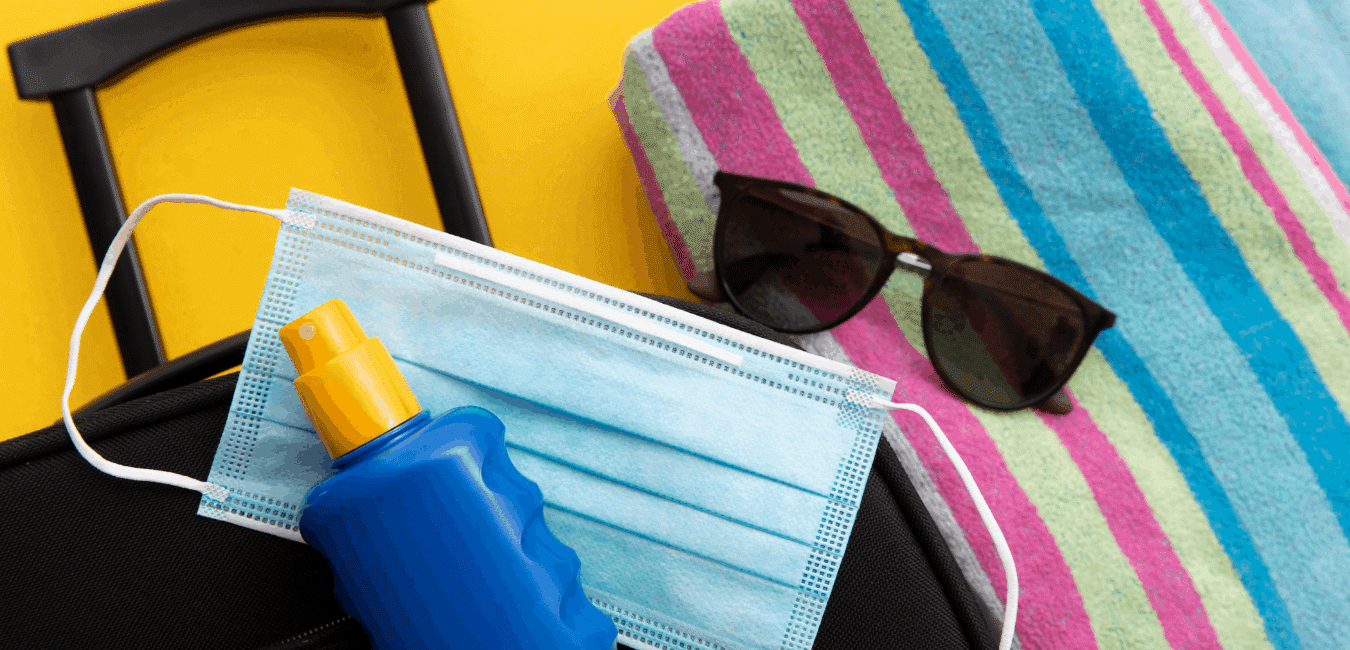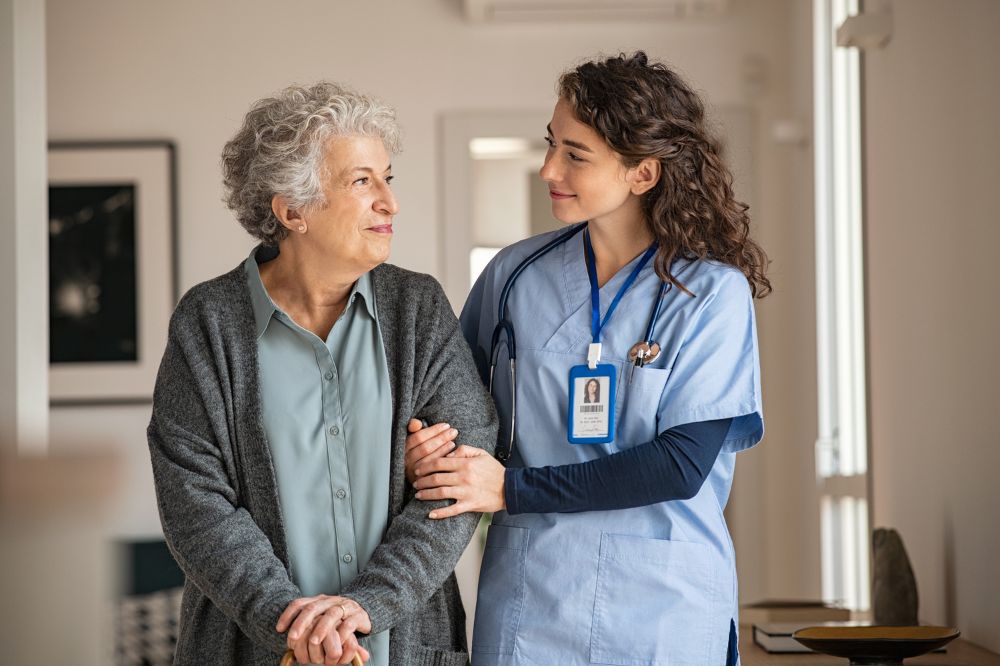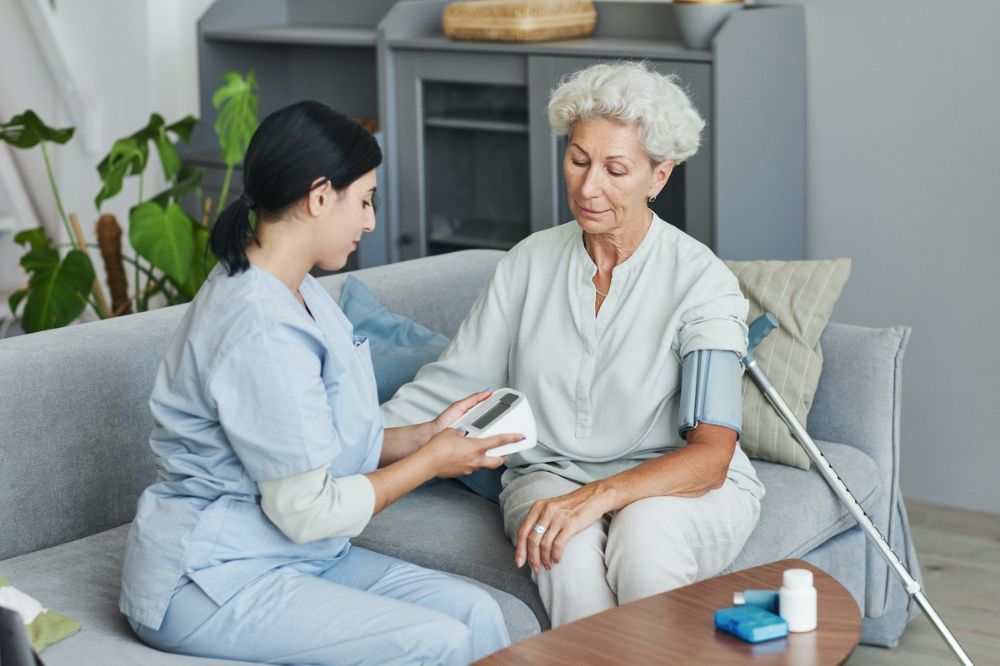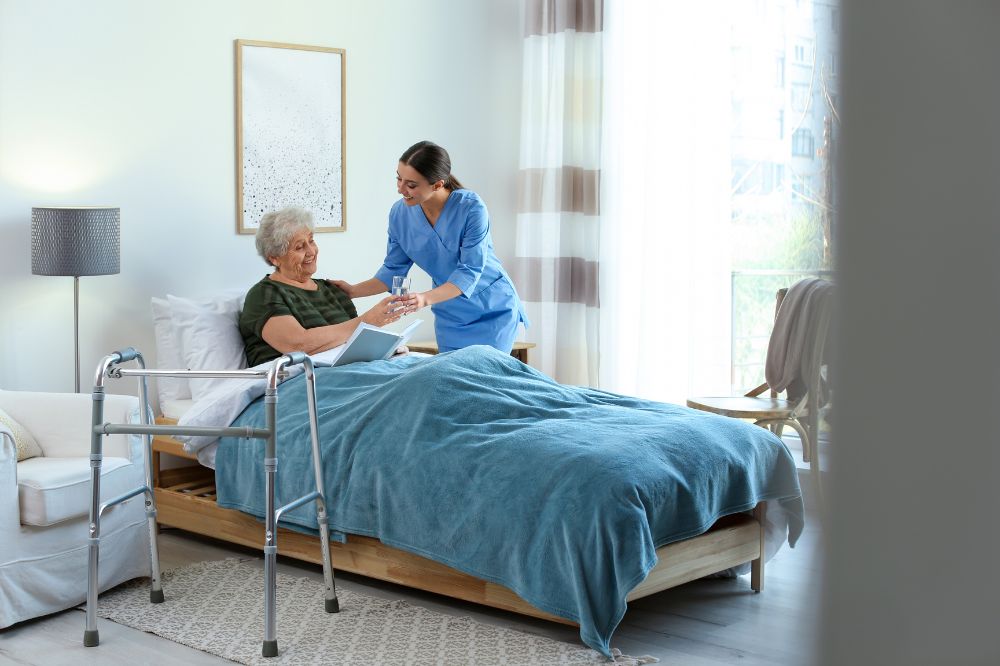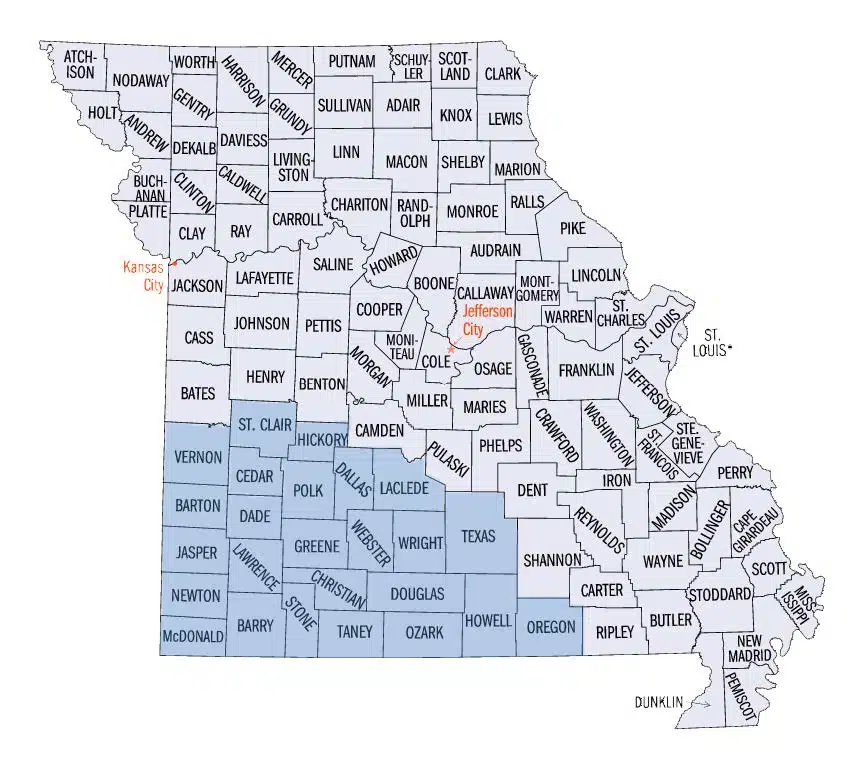With the majority of seniors vaccinated, and a growing number of adults getting vaccinated, this summer will probably look much different than the last one. People are excited to get out and enjoy the warmer weather, to travel, and to see friends and family again. With COVID still spreading in our general population though, what is safe and what isn’t? Below we explain the CDC’s current recommendations as of May 2021.
Indoor Activities
Generally speaking, indoor activities are less safe than outdoor activities. Even if you have been fully vaccinated, it is still recommended that you take some precautions. The number of people and the length of time you will be in that space affect how easily COVID could spread. The more people, and the longer you are there, the more likely it is you may catch the virus.
For Vaccinated People
If you are fully vaccinated (meaning it has been approximately 2 weeks since your final COVID vaccine shot), you do not have to wear a mask indoors, unless it is a local or business regulation. You should continue to cover coughs and sneezes and wash/sanitize you hands often. Being fully vaccinated greatly reduces the risk of getting sick, but taking these precautions helps protect yourself and others.
Gathering indoors is still safest if it is with only other vaccinated people. If you are gathering with unvaccinated people, or if you’re not sure, you may want to wear a mask to be safe and help protect others there.
For Unvaccinated People
If you are unvaccinated, the CDC recommends that you wear a mask and maintain 6 feet of distance between others when you’re at an indoor activity. You are more at risk of catching the COVID-19 virus than someone who is vaccinated, so it is best to take as many precautions as possible. Try to avoid going to crowded indoor spaces or staying very long in indoor spaces.
Outdoor Activities
Outdoor activities are generally safer for everyone than indoor activities. The increased airflow of being outside helps lower the risk of spreading COVID-19. Outdoor venues often have more space available for people to spread out as well. Crowded outdoor venues still carry risk of spreading COVID-19 however.
For Vaccinated People
If you are fully vaccinated, you do not need to wear a mask unless the local or business guidelines require it. Crowded outdoor events like parades, life performances, and sporting events do carry a higher risk of spreading COVID. You may want to continue to wear a mask in these situations, but it is not required unless by the local law or venue guidelines.
For Unvaccinated People
Unvaccinated people do not need a mask if they are walking, running, or biking outdoors with other members of their household. They also don’t have to wear a mask if they are attending a small, outdoor gathering with fully vaccinated people. If there are unvaccinated people though, it’s best for anyone who is unvaccinated to wear a mask.
Dining outside with people from multiple households has a higher chance of spreading COVID-19. In this case, the CDC recommends wearing a mask when not eating and maintaining social distancing as much as possible. Finally, for crowded outdoor events such as a live performance, parade, or sports event, wear a mask and social distance as much as possible. These large events have the highest risk of spreading COVID-19 of all the outdoor activities.
Travel
The risk of traveling varies depending on how you plan to travel and where you plan to go. Whether or not you are vaccinated, car travel is generally safer than air travel. You should also research the local health guidelines of any place you plan to visit.
For Vaccinated People
If you’re vaccinated and you’re traveling inside the United States, you do not need to get tested for COVID before or after travel. You also do not need to self-quarantine after you get back.
If you’re traveling outside the United States, you do not need to get tested before leaving unless your destination requires it. However, you do need a negative test result to get on a plane to go back to the U.S. and you should still get tested after you return. You don’t need to self-quarantine after you get back.
For Unvaccinated People
The CDC strongly recommends delaying any travel until you are fully vaccinated. If you must travel before you are vaccinated, the process looks mostly the same whether you are traveling inside the U.S. or to other countries. You should get tested for COVID 1-3 days before you leave. While you are traveling, you should wear a mask, social distance as much as possible, and wash or sanitize your hands often. After you travel, you should get tested for COVID and self-quarantine for 7 days. Even if you test negative, you should quarantine for the full 7 days.
We are all hoping to get out and enjoy this summer more than the last. If you’re not already vaccinated, we strongly encourage you to get an appointment as soon as you can. The vaccine helps protect you and those around you. As people start going out more, it will become even more important to take precautions when you’re in public. Find more information about travel and safe activities from the CDC.

